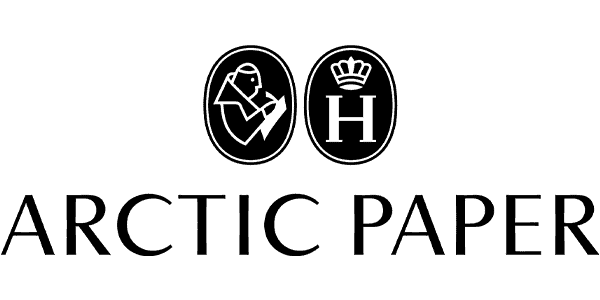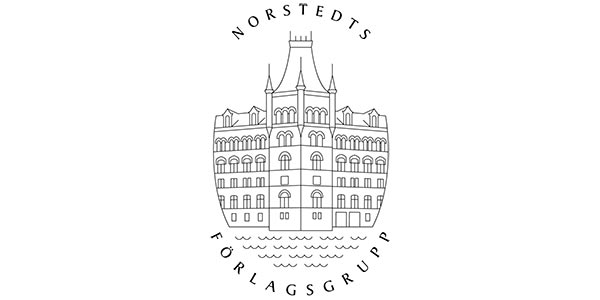
"When women unite!" : the making of the Anti-Liquor Movement in Andhra Pradesh, India

| Serie | Stockholm studies in social anthropology |
|---|---|
| Författare | |
| Förlag | Socialantropologiska institutionen |
| Genre | Samhälle, politik och debatt |
| Format | Häftad |
| Språk | Engelska |
| Antal sidor | 274 |
| Vikt | 0 |
| Utgiven | 2006-04-27 |
| SAB | Ohja-oba |
| ISBN | 9789171552495 |
In 1991, women of Dubagunta, Nellore District in the state of Andhra Pradesh forced the local liquor traders to leave the area. This incident is believed to have been the origin of the Anti-Liquor Movement, which finally led to alcoholic beverages being prohibited in the state. The main participants in the early struggle were underprivileged, rural low-caste women. They were supported by voluntary organizations and later by politicians from the opposition parties.
This study presents an analysis of the process whereby the political and private endeavours of individuals were integrated into a broader social movement. It discusses discourses on gender and household relations in rural Andhra Pradesh and the involvement of urban activists as organisers, leaders and translators of the struggle. The attention is on how politicians, representatives of the state administration, and liquor traders either sided with the temperance movement or worked against it, and on the blurred boundary between friend and “foe”. It demonstrates how the media coverage and the gathering of participants in collective gathering of participants in collective activities – such as demonstrations, meteings, sit-ins, and protest travelling – were vital for the formation of an “imagined community” of protest.
The Anti-Liquor Movement of Andhra Pradesh is shaped by global processes. The Indian economy opened up to global market forces in the 1980s and at the same time local activists became involved in transnational debates on feminism, Gandhianism and Marxism. Even so, as the study reveals, the movement as such was mainly confined to Andhra Pradesh.

























